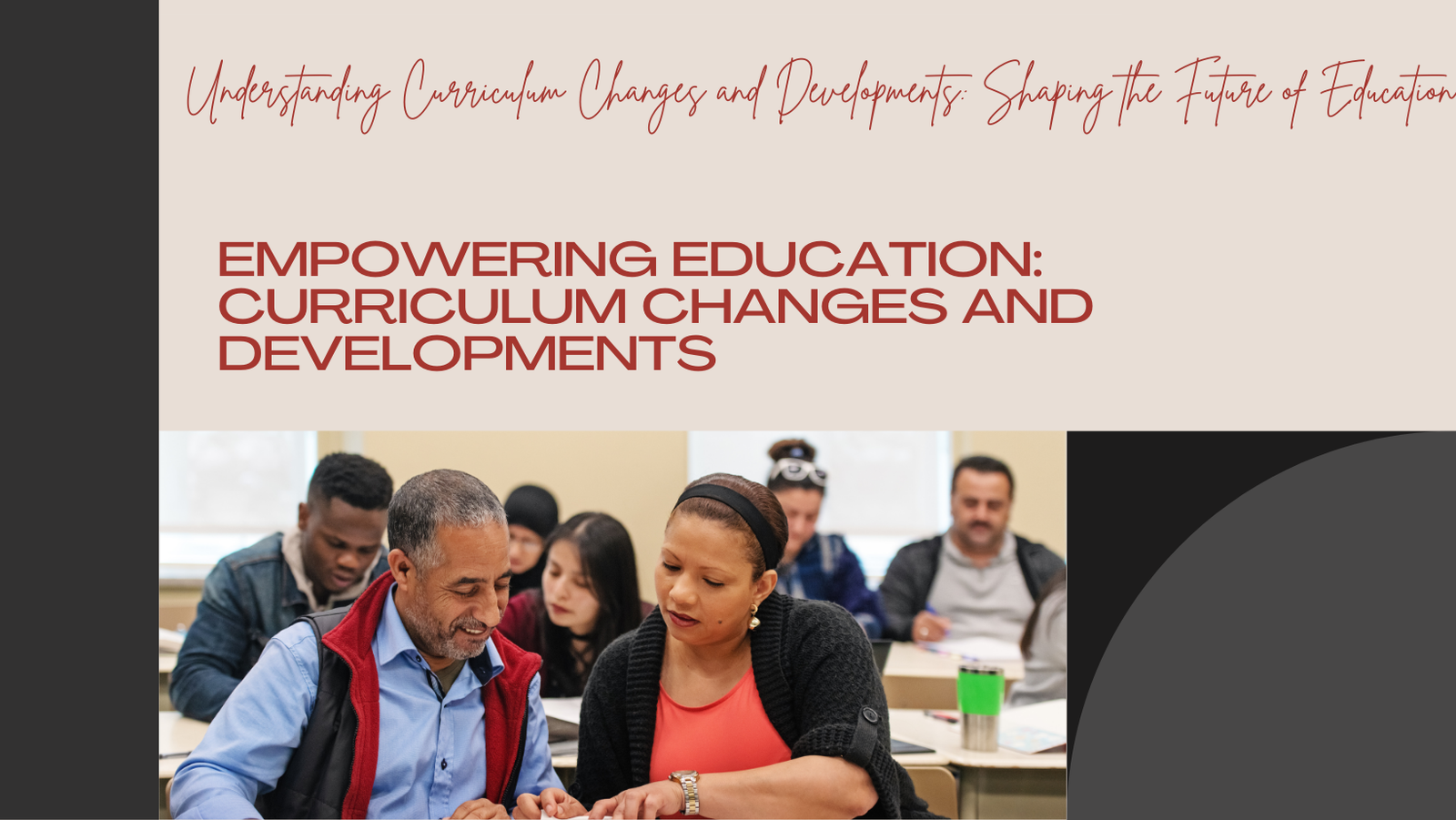As students consider their future educational paths, they often weigh the benefits of vocational education against traditional academic education. Both options have distinct advantages and disadvantages that can influence a student’s career trajectory. In this blog, we will explore the pros and cons of vocational and academic education, helping you make an informed decision that aligns with your goals.Pros and cons of vocational vs academic education
Understanding Vocational Education
Vocational education focuses on providing students with practical skills and training directly related to specific careers. This type of education typically leads to diplomas, certificates, or associate degrees in fields such as plumbing, electrical work, automotive technology, culinary arts, and healthcare.
Pros of Vocational Education
- Hands-On Experience:
Vocational programs emphasize practical training, allowing students to learn by doing. This hands-on experience can boost confidence and competency in their chosen field. - Shorter Duration:
Many vocational programs take less time to complete than traditional degrees. Students can enter the workforce more quickly, often within one to two years. - Job Readiness:
Graduates of vocational programs are typically job-ready upon completion. Employers often prefer candidates with specific skills and certifications, making vocational training a valuable asset in the job market. - Lower Costs:
Vocational education tends to be more affordable than academic programs. This cost-effectiveness can help students avoid significant student debt. - High Demand for Skilled Workers:
Many vocational careers face labor shortages, leading to high demand for skilled workers. This demand often translates into job stability and competitive salaries.
Cons of Vocational Education
- Limited Career Advancement:
Some vocational careers may offer limited opportunities for advancement compared to academic fields. A lack of higher education can hinder progression to management or specialized roles. - Narrow Focus:
Vocational training focuses on specific skills, which can limit flexibility if a student wants to switch careers later. This narrow focus may not appeal to students seeking broader knowledge. - Perception Issues:
Some people perceive vocational education as less prestigious than academic education, which may impact a student’s self-esteem or job prospects.
Understanding Academic Education
Academic education typically refers to traditional college or university programs that focus on theoretical knowledge and critical thinking skills. Students pursuing academic education can earn bachelor’s, master’s, or doctoral degrees in various fields, including humanities, sciences, and business.
Pros of Academic Education
- Broader Knowledge Base:
Academic programs offer a comprehensive education that equips students with critical thinking, analytical skills, and a broad knowledge base applicable to various careers. - Career Flexibility:
A degree from a university often provides more options for career changes. Graduates can pivot into different fields as they acquire diverse skills and knowledge. - Higher Earning Potential:
On average, individuals with academic degrees tend to earn more over their lifetimes compared to those with only vocational training. Many high-paying professions require a bachelor’s degree or higher.Pros and cons of vocational vs academic education - Networking Opportunities:
Academic institutions often provide students with valuable networking opportunities, connecting them with professionals in their fields and potential employers. - Higher Level Positions:
Many professions, especially in fields like medicine, law, and academia, require advanced degrees for entry into higher-level positions.
Cons of Academic Education
- Longer Duration:
Academic programs typically take longer to complete, often requiring four years or more. This extended duration can delay entry into the workforce. - Higher Costs:
Tuition for traditional academic programs can be significant, leading to substantial student debt that may take years to repay. - Theoretical Knowledge:
Some academic programs may focus heavily on theory rather than practical skills, which can leave graduates unprepared for specific job responsibilities. - Job Market Saturation:
In some fields, the job market can become saturated with graduates, making it difficult to secure employment. This saturation can lead to increased competition for available positions. - Less Immediate Job Readiness:
Academic graduates may require additional training or internships to gain the practical skills needed in their chosen field, delaying their job readiness.v
Conclusion
Both vocational and academic education have their pros and cons, and the right choice depends on individual goals, interests, and career aspirations. Vocational education offers practical skills and quicker entry into the workforce, while academic education provides a broader knowledge base and greater career flexibility. By evaluating these factors, students can make informed decisions that align with their future career paths.



